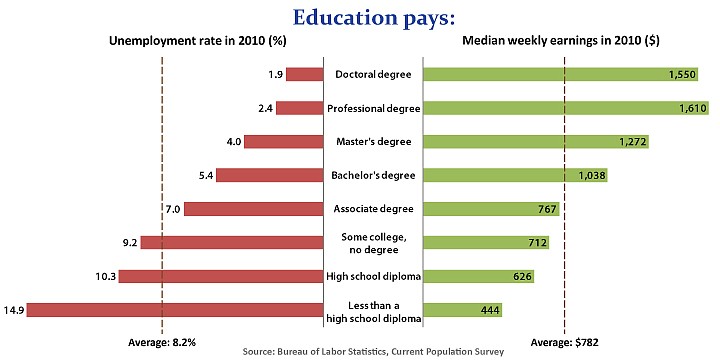Wednesday, December 21, 2011
For a healthy economy that can compete on a national and international level, job training begins early—very early. Children are preparing to find jobs later in life even as they learn to stack blocks, count toys and read picture books.
While government incentives and tax breaks can bring in new industry, some Mississippi business leaders are pointing to education as an important component in attracting and keeping good jobs in the state. Business leaders released Blueprint Mississippi recommendations in October insisting, among other things, that businesses don't just want incentives; they want an educated work force that can compete and innovate on a national level.
Blake Wilson is president of the Mississippi Economic Council, which helped develop the recommendations. He said business leaders from around the state tell him that education is important to business. Companies can train workers, but employees need to have basic skills that come from a solid elementary education. "It just comes up consistently when you talk to business leaders—that fourth-grade testing scores are so critical," Wilson said.
If students don't learn what they need to know early on, they will spend the rest of their school years trying to catch up and won't enter the work force able to compete, he said. Wilson added that a lack of education contributes to high teenage birth rates and poverty: "It's across the board, and why is this happening? Education, education, education."
A good education often pays off in the form of a good job. The U.S. Bureau of Labor Statistics found that high-school graduates earned $182 more per week than those who did not graduate high school. Those with a bachelor's degree earned $594 more per week.
The figures came from the median weekly earnings in 2010. The bureau also found that in 2010, those with higher degrees were much less likely to be unemployed. The unemployment rate for those with less than a high school diploma was 14.9 percent, while the rate for high school graduates was 10.3 percent. Those with a bachelor's degree saw an unemployment rate of only 5.4 percent, almost three percentage points below the national average at the time.

Comments
Use the comment form below to begin a discussion about this content.
Sign in to comment
Or login with:
OpenID